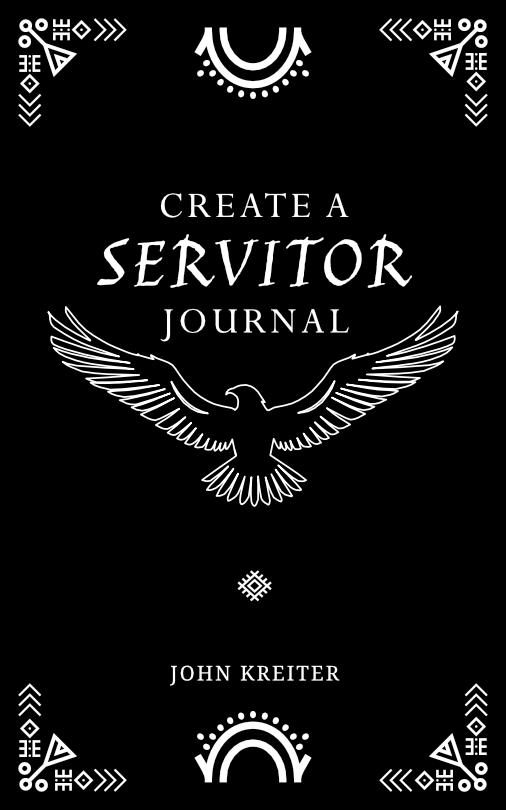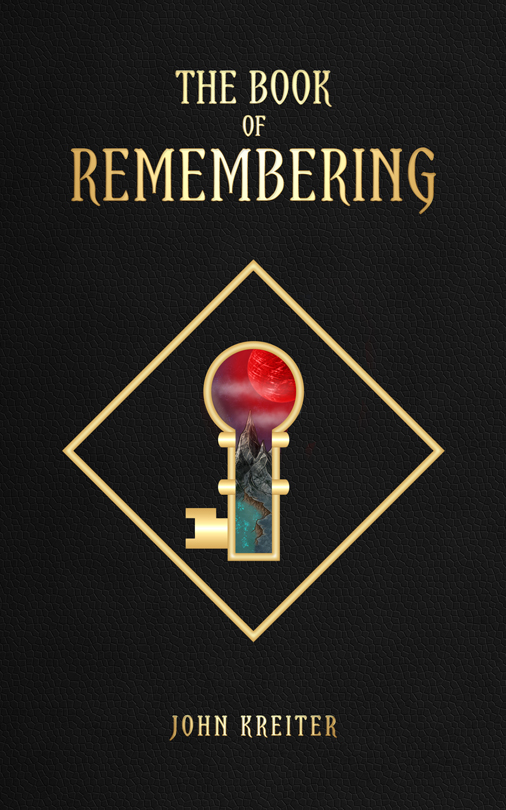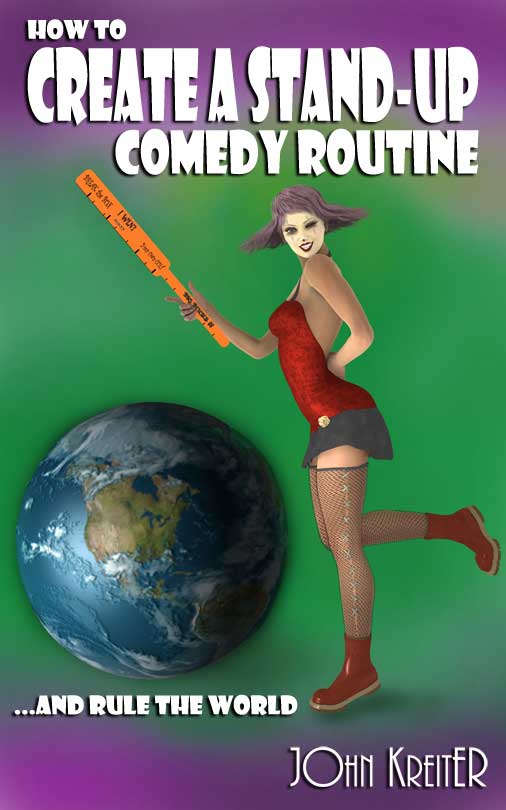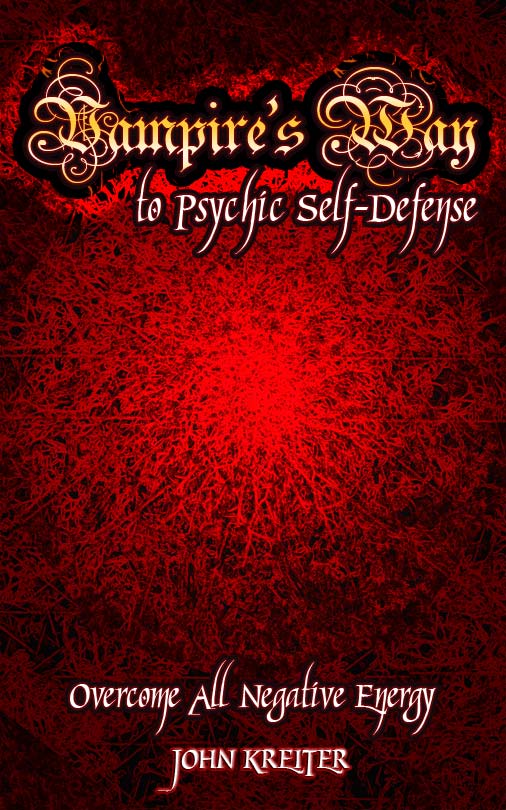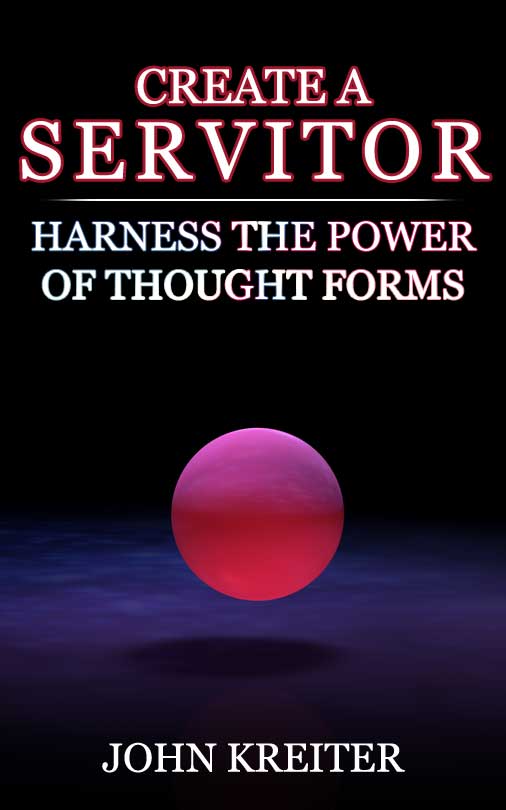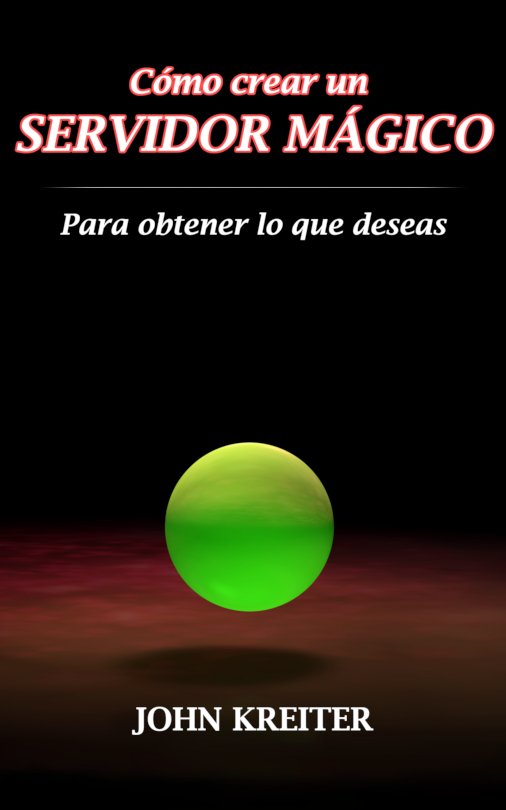No matter what you do or where you go there will always be someone that is critical of your actions or beliefs. It can even be the case that some of these criticisms can turn into very negative remarks and insults. Most of us can usually deal with these negative remarks and insults easier than we can deal with less aggressive criticism because it is far easier to dismiss hysterical remarks.
It is possible that some of this criticism is well-founded. It is always a good idea to maintain object...
Continue reading...
I just watched an amazing video by an American physicist called Richard Feynman. In it he lets you know about how he sees the world and how he as a physicist and a scientist sees beauty. It is inspirational and it shows you the wonderment and the drive that can propel man into the exploration of his universe. I have attached a link to the YouTube video at the bottom of this article so you can watch it.
In this first video made about a series of talks that Feynman gave in order to promote sci...
Continue reading...
There are times when you just need to take a break. There are times in our lives we to seem to be flooded with things to do and there doesn’t seem to be a light at the end of the tunnel. Looking at the machines around us, it is sometimes easy to identify with them and to believe that we to should keep going without stop. It is very important that you realize that you are not a machine and that unlike them you need to take a break.
We need a break at the time we think we have the least h...
Continue reading...
Finding our personal motivation is very important. Our motivations are really our values and these values are essentially the most important things in our lives. These values are very important because they are the underlying motivating factors of our lives. You can say that they are sort of like our guiding principles that point us in the direction that we want to go and also set the standard of how we’re going to get there.
Finding out what your motivations are, will greatly increase ...
Continue reading...
Time is a very precious thing. We are only given so much time on this Earth so its always a good idea to make sure that you are spending your time wisely. It is also possible that others could rob you of time if you are not careful and discerning as to how and with whom you want to spend this precious resource.
The most important thing that you can do to stop wasting this precious resource is to develop a greater sense of self-worth. Self-worth might not be directly related to time and time m...
Continue reading...
A very interesting character in Taoist mythology is a fellow called “act on impulse”. He’s a great teacher that teaches you to ‘go for it’ and I think I particularly like him because he shows us mere mortals how we can take advantage of the situations around us. He would basically act without thought but his actions were always correct because by not thinking he was actually thinking in a deeper level.
It seems that we all have such complex lives now. I wonder what our ancestors would t...
Continue reading...
I am certain that you have all felt negative energy in the past. This negative energy can be the result of your own personal beliefs or the result of the beliefs and intentions of the people around you. Negative energy can be felt in different ways; some people for example feel certain physical symptoms like tenseness or low blood pressure, many feel negative energy as emotions, either feeling depressed, scared, or angry. Often times people that feel negative energies as emotions believe tha...
Continue reading...
We certainly do seem to live in interesting times. At this time in human history we all seem to be at odds with ourselves, perhaps this is how it was always and humanity is perhaps destined to always feel fractured. This is definitely the age of the intellect where we have been able to create incredible things through technology and scientific theology. But while the intellect does seem to reign supreme, at least in the west, our emotions have suffered as a consequence. Many of us feel that t...
Continue reading...
We have all heard of the positivity movement. This is the movement that tells us that in order to better our lives we must try to stay as happy as possible. With good intentions they expound the idea that happiness is the key to greater happiness. What is meant by this is that they believe that you should try and suppress your negative emotions while at the same time trying to express as much positive emotion as possible.
As I said, this is a well-meaning group, that tells you that the best w...
Continue reading...
Empathy is an incredibly powerful tool. It is the ability to see from the perspective of the other and in this way to be able to experience, to a greater or lesser degree, what the other is experiencing. Some would have you believe that empathy is dangerous and that it can cloud your ability to function correctly. This fear is expounded because there’s a belief that the ego, or your personal self, will become completely overwhelmed by what you feel while you are experiencing things from...
Continue reading...
I am a firm believer, that contemplation is your greatest resource in the acquisition of inner wisdom. Contemplation is basically the ability to let your mind go into a type of free flow, or inner exploration, where on the one hand you might give your mind complete and free reign, to flow in whatever direction it wants, and in the other you stay focused, so that you are able to keep track of every single thought, that enters your mind. This is a tricky give and take, because if you focus too ...
Continue reading...
Believe it or not we are all constantly lying to ourselves. We all pretend to ourselves that we did not see a certain thing or that we did not experience this or that. It is amazing how powerful our minds are at being able to completely ignore certain data in order to make us feel better.
The first big reason why we lie to ourselves is that we are trying to avoid pain. Quite often when we do not want to experience a negative feeling, we will often overlook internal thoughts and external sense...
Continue reading...
There are often times when we want to change something about ourselves or our environment. Change, if it is positive, is a good thing because it means that we are growing and expanding ourselves. Changes also a way of keeping things fresh and making life less dreary. Change is also needed when life becomes difficult and you need to change something in order to make things easier again. Quite often change means an alteration or a modification of a bad habit so that we are able to prosper inste...
Continue reading...
Persuasion is really one of the great human skills. Sometimes the word persuasion can make this art seem negative or underhanded. The reality of the situation though is that persuasion is really the art of great articulation. Seen this way, persuasion, can then be seen for what it really is and for what it should always ultimately become, which is the ability to articulate and to be able to make yourself understood.
You can find many books on persuasion. There are many techniques that are exp...
Continue reading...
Happiness cannot be found through exterior circumstance. Happiness is something that we all search for, this is perhaps because when we are feeling happy it usually means that everything is going our way. Feeling good after all feels good. The positivity movement tells us that we should be happy all day all the time, but is this really a good thing? The reality of the situation is that if you try to make yourself happy when you’re really feeling sad, you are suppressing emotion and this...
Continue reading...
Leaders always work with their people. A leader must always be able to collaborate with all of the members of his or her team. He must be able to use their resources well, and to make sure that everyone is working as a cohesive unit. A leader shows teamwork and cohesive action by example; he makes sure that he shows others that he is a team player and that he respects what every single person in his team has to bring to the table.
A leader must always make full use of his resources. His great...
Continue reading...
Someone once told me that we do not choose our friends but that the universe chooses them for us. I found this statement to be very intriguing and the more that I thought about it the more that I realized that this is only the case on the surface but that there is far more going on in a spiritual level. I think that while the universe does indeed seem to choose our friends, we are actually the ones that choose them. We choose them by how we relate to the universe; this is done through our bel...
Continue reading...
Life is all about making choices. The wonderful thing about life is that we choose most of the things that we will experience. Some might say that we consciously choose, whether we realize it or not, all the experiences of our lives. Whatever the case may be it is true that we constantly need to make choices and some of these choices can be very hard.
If you do find it hard to make some choices, there are certain techniques that can help you. Something that does help right off the bat is to a...
Continue reading...
We are all told in one way or another, from the beginning of our lives, that life is competition. Whenever you look around it seems that we have to compete and fight for everything that we want. Science tells us that evolution, which is the fundamental law of life, is competition. But is this true? Or perhaps a better question is; is competition the best way to win in life?
As a child growing up you were most likely put in competitive situations early on. Whether you were fighting for crayons...
Continue reading...
There are times when old memories can haunt us. This is usually the case when we can’t seem to let go of things that we have done in the past, or things that have been done to us in past. These old ghosts or skeletons can make any future progress difficult and can cause us great heartache.
Here is an interesting little technique that might allow you to get over these old skeletons. It should help you to let go of these negative memories and create some space so that you can move on with...
Continue reading...

